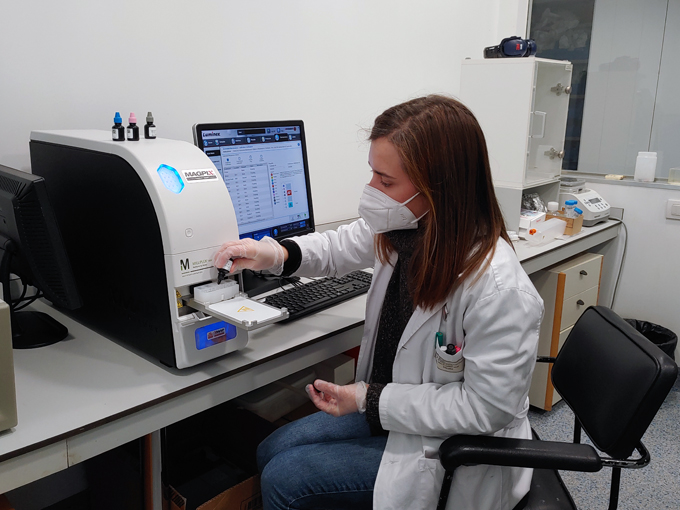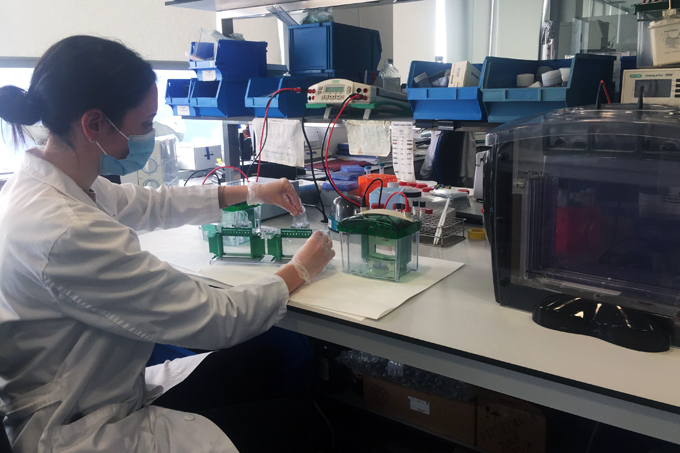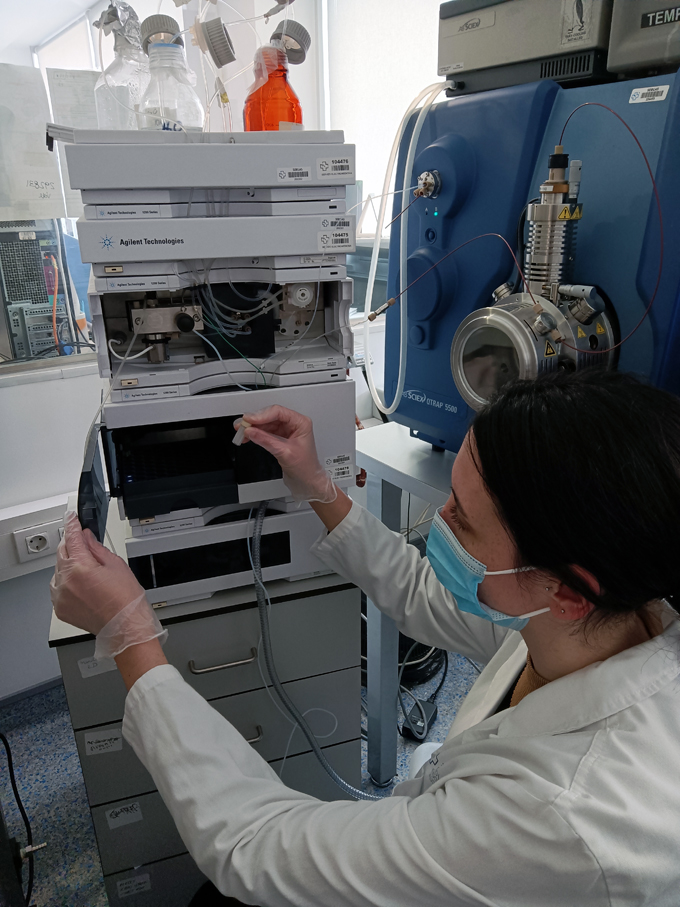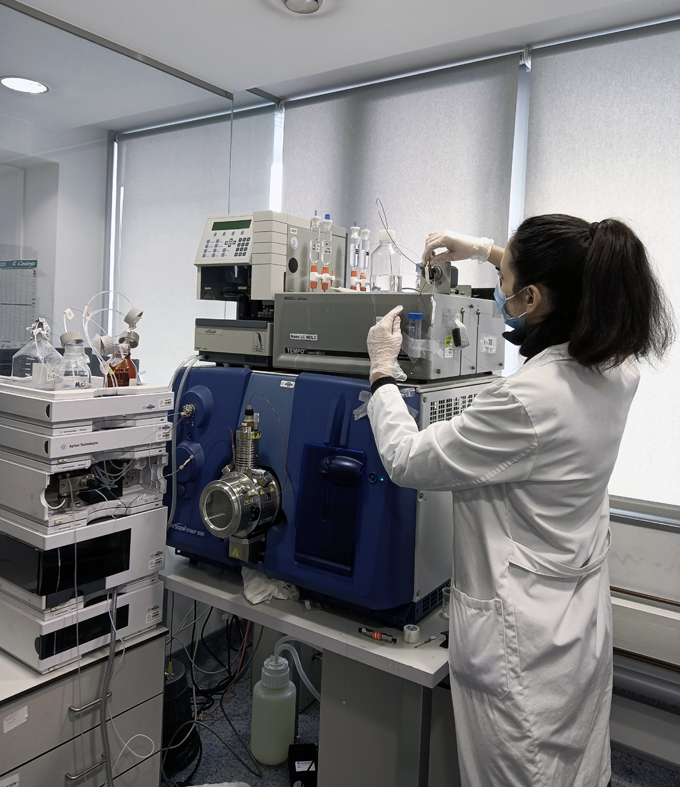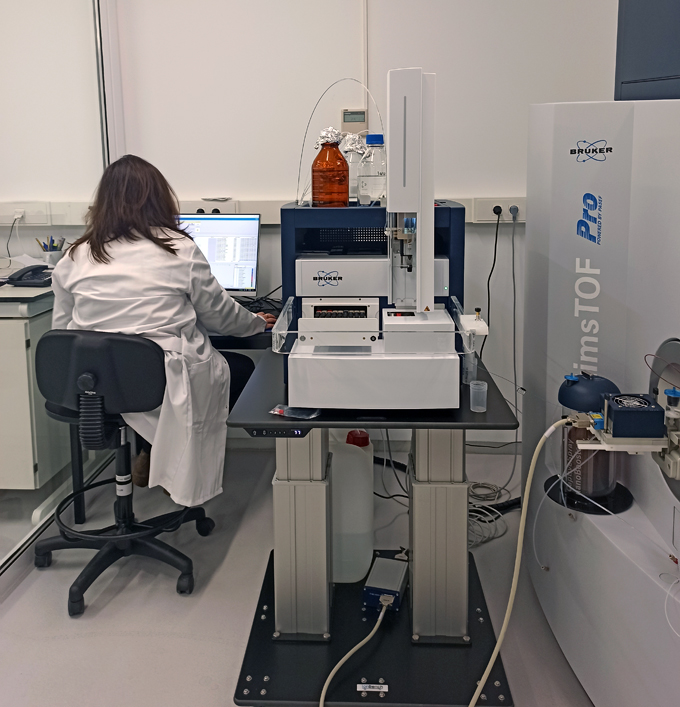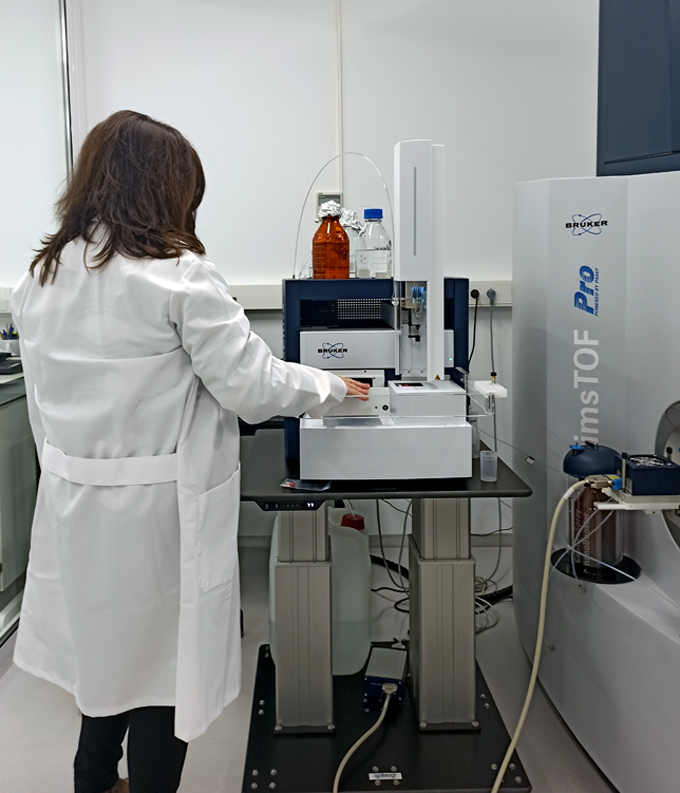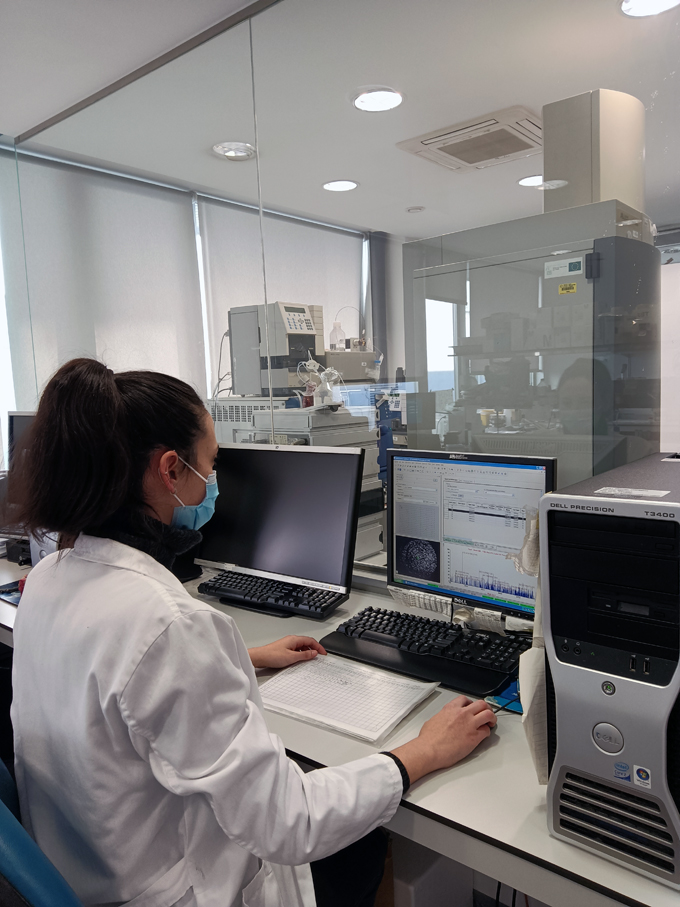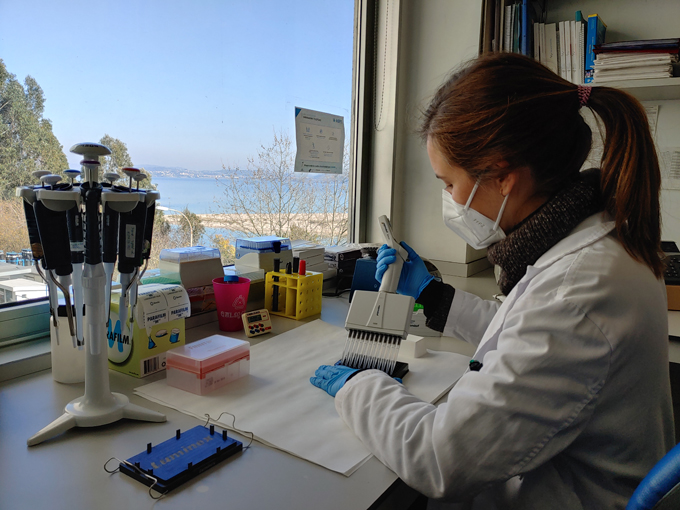U30-S08. Luminex or ELISA assay development and analysis
Luminex or ELISA assay development and analysis
Design and development of immunoassays employing antibody pairs for the detection and absolute quantification of target proteins. These can be set up on a traditional ELISA format, or coupled to magnetic beads (xMAP, Luminex) for multiplex detection. Optimization procedures, including cross-reactivity assays, are performed to standardize the assay protocol. Alternatively, this service may also use commercial ELISA or multiplex kits for the analysis of specific protein panels.
Customer benefits
This service provides quantitative data of proteins and small protein panels, including cytokines, chemokines or specific biomarker candidates, in biological samples. The assays are run with high sensitivity and throughput.
Target customer
Organizations and research groups that aim to quantify in an absolute way single proteins or small panels in large number of samples. Groups interested in cytokine or chemokine profiling.
